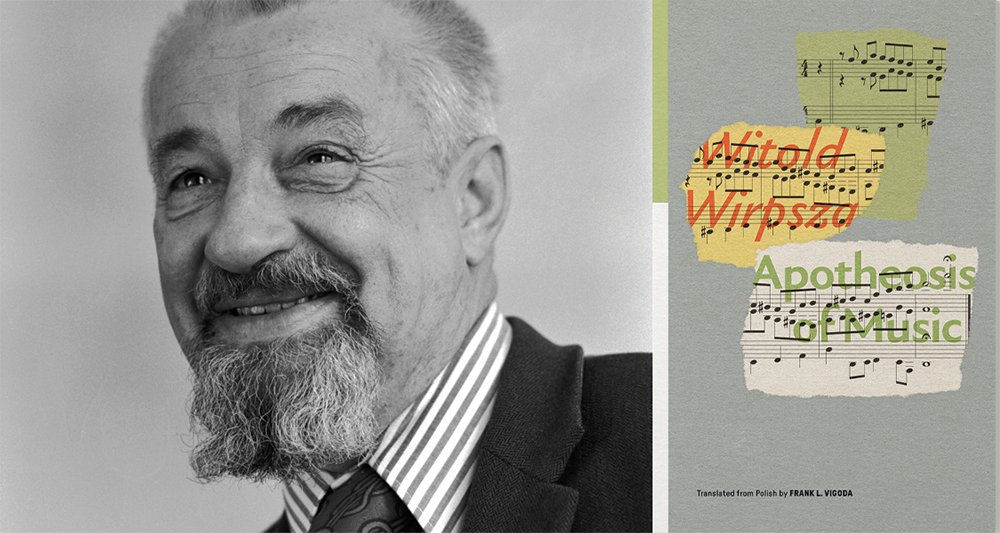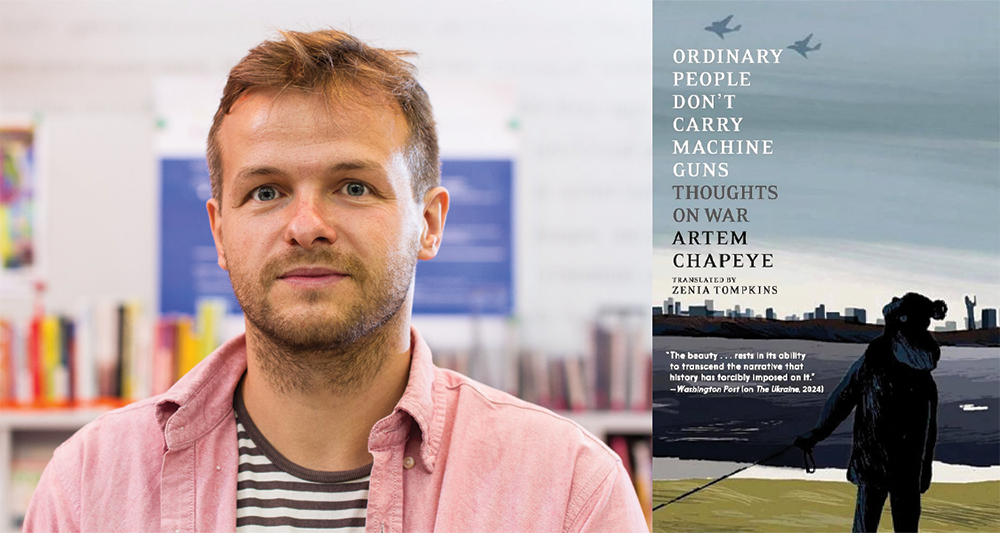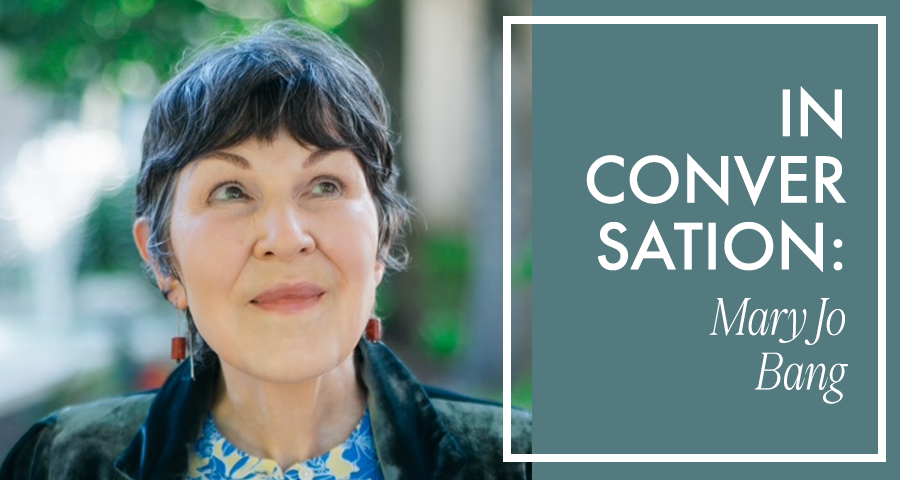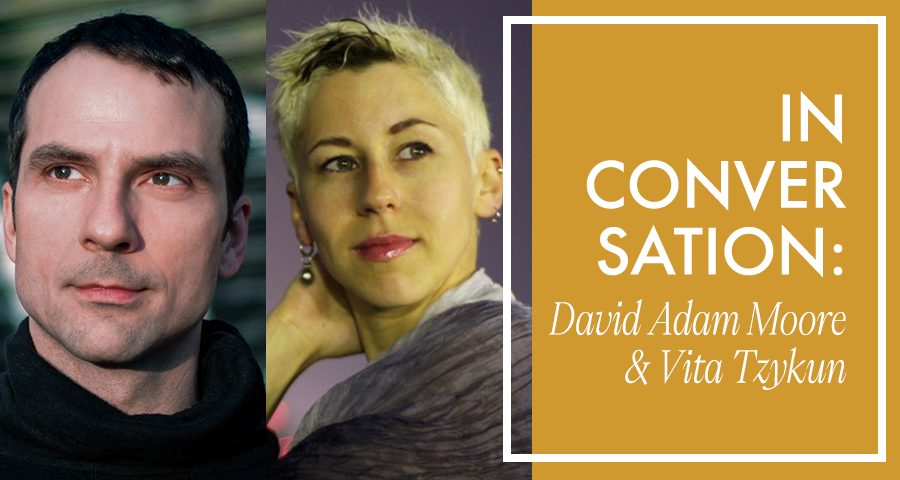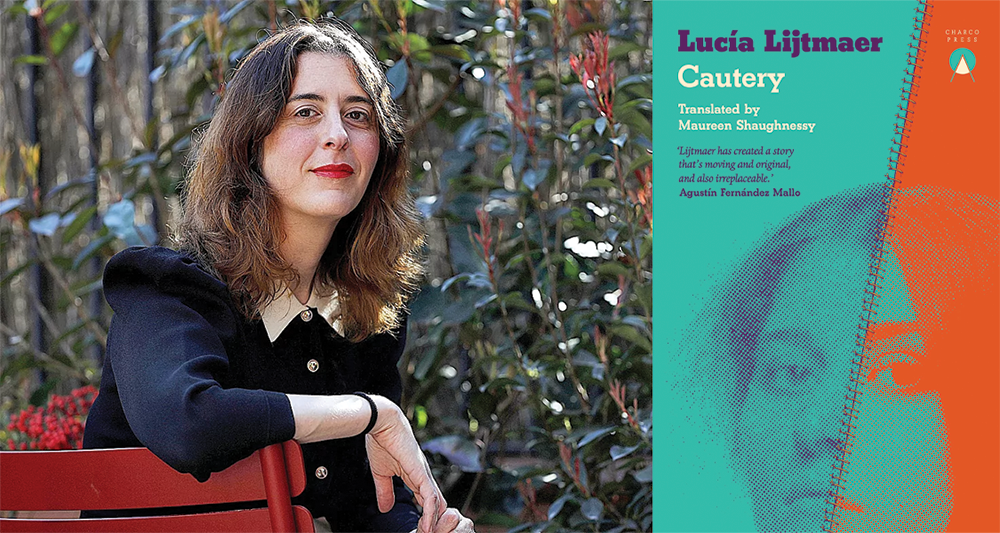This week, our editors-at-large report from prize ceremonies and literary festivals, exploring the entanglement of the literary establishment with the cultural industry and uncovering innovative artists fostering transnational collaboration. Read on to find out more!
Veronica Gisondi, Editor-at-Large, reporting from Italy
Since 1947, on the first Thursday of July, the mannerist nymphaeum of Rome’s Villa Giulia has hosted the award ceremony of Italy’s most closely followed literary prize, the Strega Prize (Premio Strega). Its beginnings date back to 1944—just before the capital’s liberation from Nazi occupation—when a group of intellectuals, writers, journalists, and artists, self-named “Amici della domenica” (Sunday friends) and led by Maria Bellonci, began holding a series of informal meetings that, in the aftermath of WWII, gradually evolved into the literary prize we know today, bringing major works of fiction to national attention.
Last week, Andrea Bajani’s autobiographical novel L’Anniversario (The Anniversary, forthcoming with Penguin Press) was announced as this year’s winner. It tells the story of a family whose emotional life is underpinned by the delicate interplay of violence and subjugation—a story whose end, however, is marked by the writer-narrator’s drastic decision to “abandon” his parents for good. Deprived of psychological and emotional depth, the mother—who willingly gives up on life—functions as the novel’s narrative pivot; for Bajani, her entrenched passivity becomes the vantage point from which to observe the father, a “normal” man—that is, a controlling, aggressive, short-tempered provider—in whom the claim to authority, the shame of failure, and the need to be loved converge in a lifelike if partial portrait.
Bajani’s language is clean, precise, composed; inclined to circumlocution and upheld by an affable disposition, its coldness—along with the frequent use of ellipses—echoes the hollowness of a home where silence reigned, a “perfectly functional, closed” family system, akin to a “carceral” facility. While Bajani’s intent is to reject a 20th-century patriarchal legacy (first by breaking the yoke of secrecy, then by severing ties with his parents), the trajectory of his distancing remains nebulous—suggesting an unwillingness, or an inability, to envision an alternative. READ MORE…


